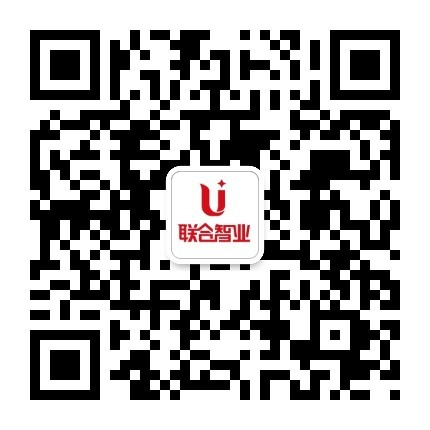
- Product Description
- Benefits of Certification
- Service Advantages
- Implementation Process
- Certificate Sample
- Logo Style
- Data Download
- Frequently Asked Questions
- Related Recommendations
-
Why do enterprises need to establish an ISO9001 Quality Management System?
By establishing an ISO9001 Quality Management System, many benefits can be gained:
1. Improve quality awareness and product quality
2. Standardize behavior and improve work efficiency
3. Reduce costs and achieve profit growth
4. Enhance customer recognition and satisfaction, expand market share
5. Obtain a market "passport" and promote enterprise internationalization
6. Strengthen competitiveness and achieve excellent development -
Why Choose United Intelligence
United Intelligence Certification Company became a certification body approved by the National Certification and Accreditation Administration in 2002.
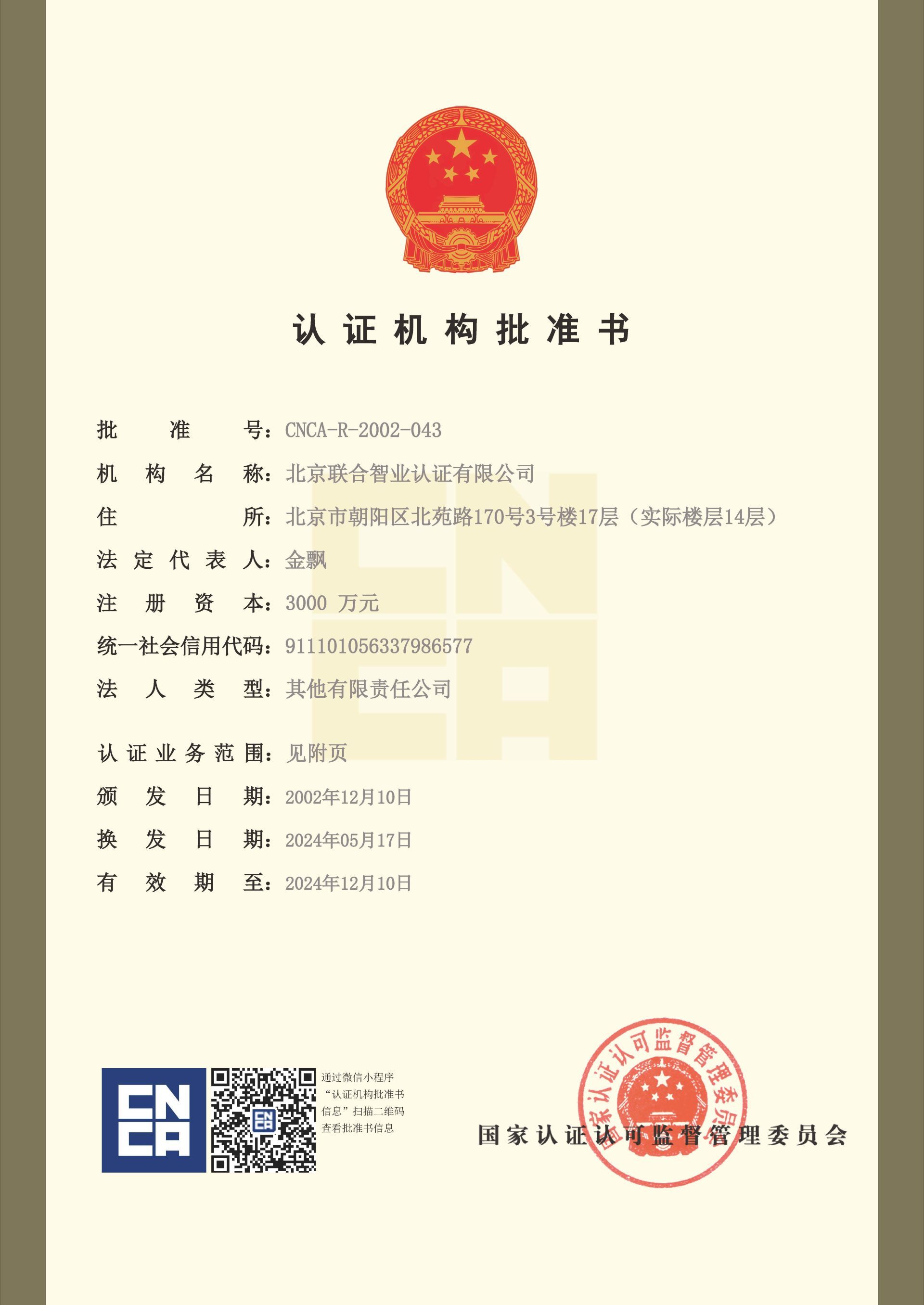
United Intelligence Certification Company was accredited by the China National Accreditation Service for Conformity Assessment (CNAS) in 2000, providing customers with quality management system certification services.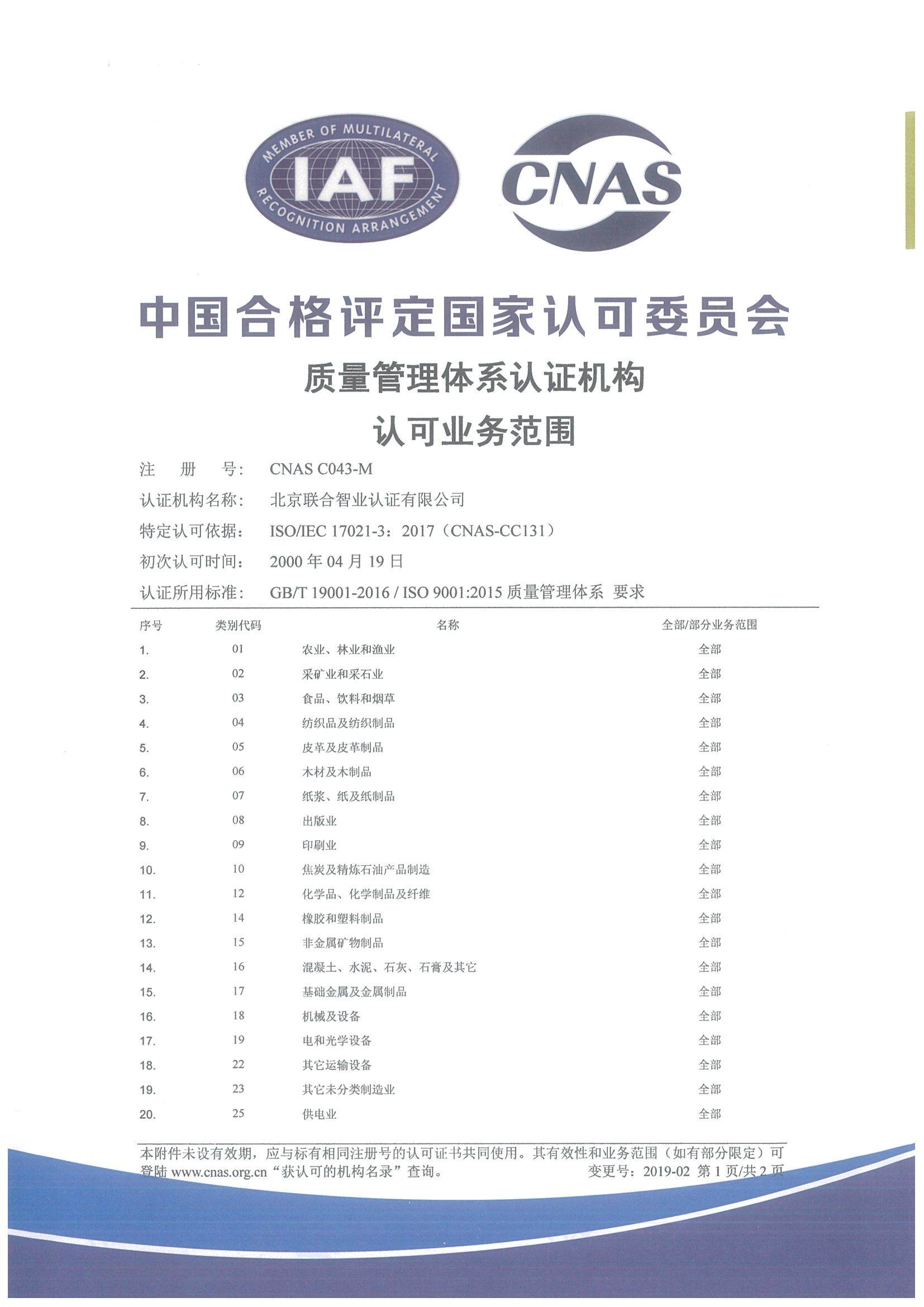
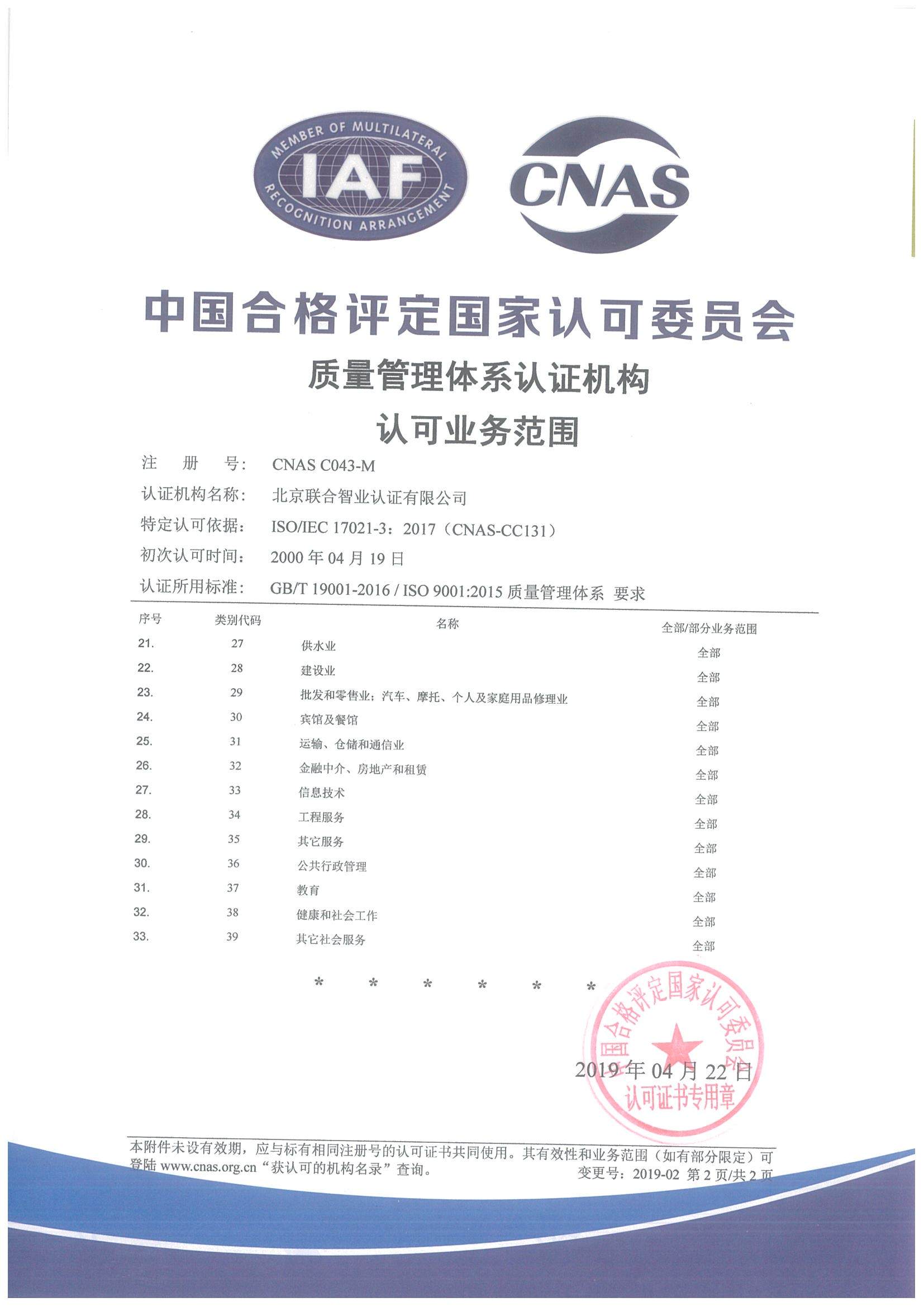
-
ISO9001 Quality Management System Certification Process
Current Status Survey and Planning of Management System — Training on Standards and Document Writing — Establishment of System Documents — System Operation — Internal Management System Audit — Management Review
-
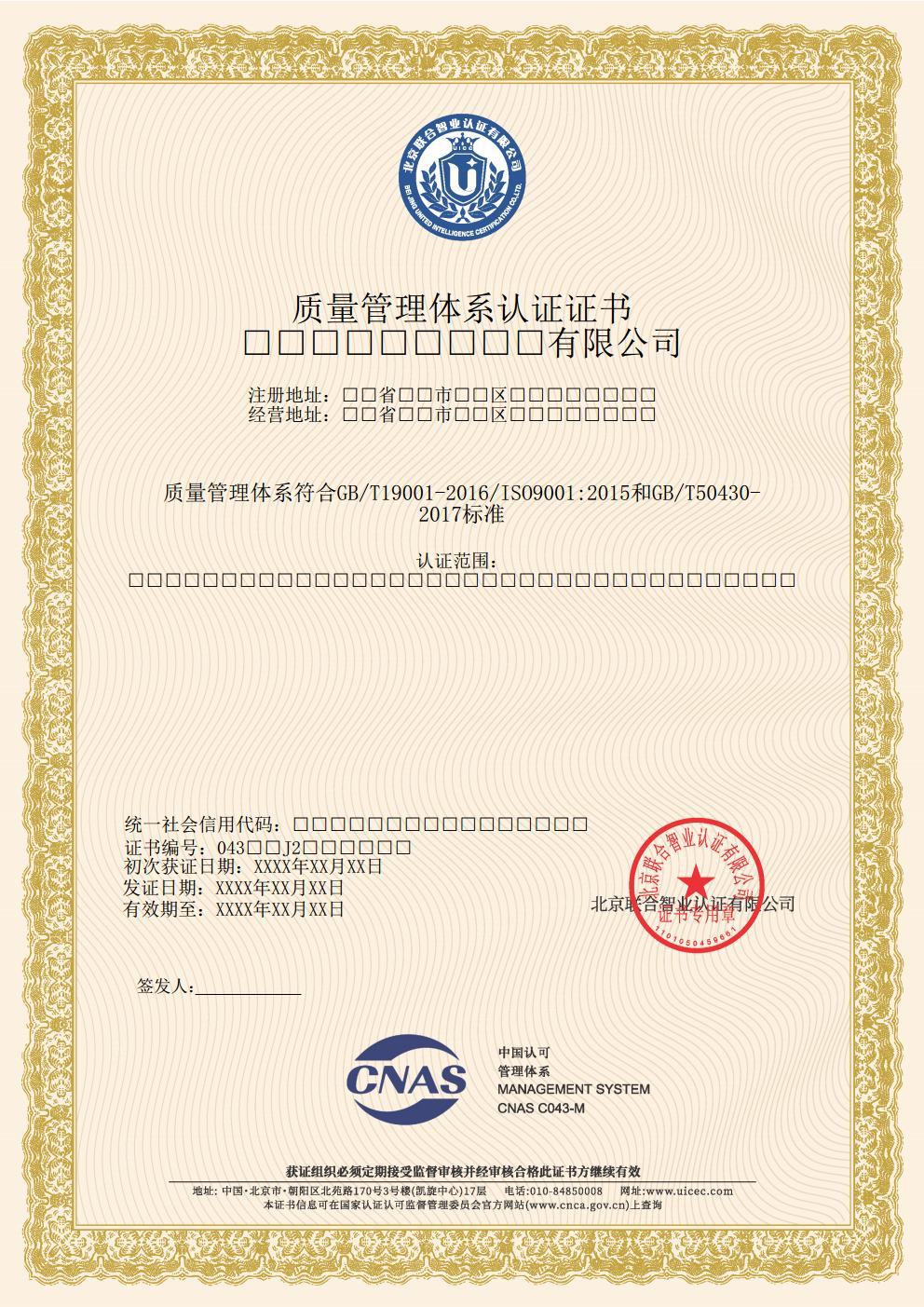
-
Q: What is certification? What is accreditation?
A: Certification refers to the conformity assessment activity conducted by a nationally recognized certification body to prove that an organization's products, services, or management systems meet relevant standards, technical specifications (TS), or mandatory requirements.
Accreditation refers to the conformity assessment activity by an accreditation body that recognizes the competence and professional qualifications of certification bodies, inspection bodies, laboratories, and personnel engaged in assessment, auditing, and other certification activities.
Q: What are common types of certification?
A: Certification is usually divided into product, service, and management system certification. The CCC certification, which is well known, is a mandatory product certification. System certifications include: quality management system certification based on ISO9001; environmental management system certification based on ISO14001; occupational health and safety management system certification based on GB/T28001; food safety management system certification (HACCP); GB/T23331 energy management system certification, among others.
Q: What is the difference between GB/T19001 and ISO9001?
A: ISO is the English abbreviation for the International Organization for Standardization. Its full name is International Organization for Standardization. The development of international standards is usually completed by ISO's technical committees (TC). ISO was officially established on February 23, 1947, and is responsible for standardization activities in many important fields except electrical, electronic, military, petroleum, and shipbuilding industries. Currently, ISO has published 9,200 international standards, such as ISO metric threads, ISO A4 paper size, ISO container series (95% of the world's shipping containers comply with ISO standards), ISO film speed codes, ISO Open Systems Interconnection (OSI) series (widely used in information technology), with the most famous and widely applied being the ISO9000 quality management series standards and ISO14000 environmental management series standards.
ISO9001 refers to the process of introducing the international quality management system standard into the national standard by converting the international standard. There are two conversion methods: identical adoption and equivalent adoption. In China, the identical adoption method is used. This means the standard is referenced without any modifications. To facilitate identification, "10000" was added when referencing the international standard. Therefore, the correct way to write the referenced quality management system standard is: GB/T19001-2008 idt ISO9001:2008. Here, "idt" means identical adoption, and GB/T represents a national recommended standard. GB is the abbreviation of "Guóbiāo" (National Standard) in Chinese Pinyin, and T means recommended.
Q: What is the difference between quality management system requirements and product requirements?
A: ISO9001 specifies quality management system requirements. These requirements are general and applicable to all industries or economic sectors regardless of the type of products provided. ISO9001 itself does not specify product requirements. Product requirements may be specified by customers, predicted by the organization based on customer needs, or mandated by regulations. In some cases, product requirements and related process requirements may be included in technical specifications, product standards, process standards, contract agreements, and regulatory requirements.
Q: What is a quality management system audit?
A: A quality management system audit is a systematic, independent, and documented evaluation process conducted to determine the extent of conformity with quality management system requirements. Audit findings are used to evaluate the effectiveness of the quality management system and identify opportunities for improvement. Audits can be divided into internal and external audits. Internal audits are also called first-party audits; external audits include second-party and third-party audits.
First-party audits are for internal purposes, conducted by the organization itself or on behalf of the organization, and can serve as the basis for the organization's self-declaration of conformity.
Second-party audits are conducted by the organization's customers or others on behalf of the customers.
Third-party audits are conducted by external independent audit service organizations, which are usually accredited.

